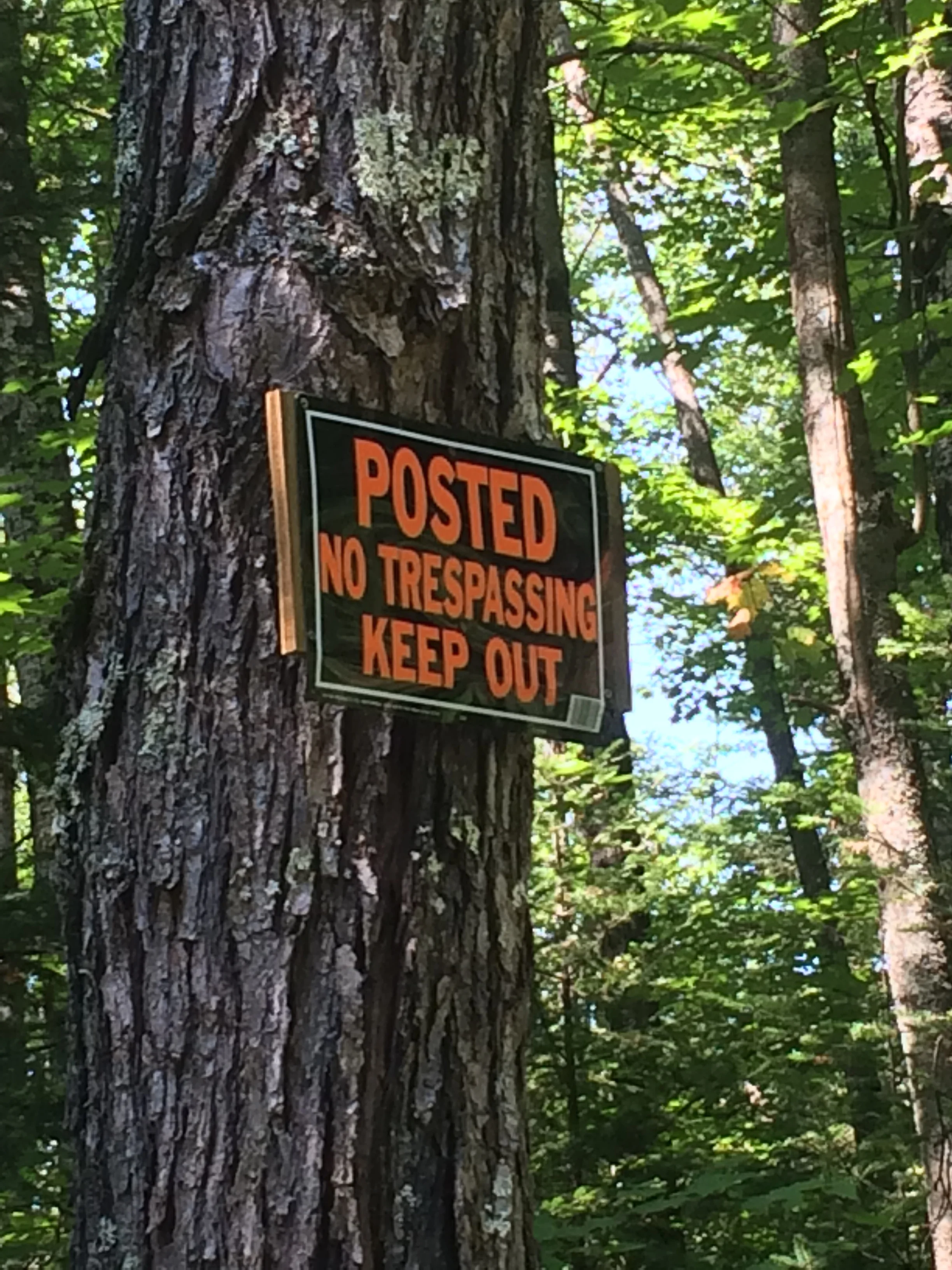Relationships might be easier if we had better signage. Or if we were better at reading signs.
Sometimes I need to put a sign on the door of my heart, “Posted—NO Trespassing—Keep Out.” There are times when the heart needs solitude—space—silence; when the desire to keep one’s own counsel is appreciated and honored.
But, there are other times that I want to put the “Welcome” mat out. These are times when the heart sets up chairs and is ready for a visitor or two; people who will come in and share the tender joys and the aching pain of life with me. The flashing neon “Open” sign is plugged in.
And there are other times when the heart feels desperate—when it opens the windows and in black, bold hand lettering cries, “Help—Please!! Come In—I Need You!” These are times when the heart’s desire for solitude has grown into a desperate loneliness; when fear and despair occupy the chairs I set out for company.
There are many other signs. They express a range of the heart’s desires. And we either fail to put them up and keep people guessing about what we need, or others around us fail to have their eyes checked so they can read them. Either way, much of the stress of relationships is related to this problem with signage.
And maybe we would have less trouble with stumbling into each other if we learned the many non-verbal signs that people use to tell us what their heart is feeling. Or maybe we could learn to say where we are instead of blaming others for not reading well. Or, maybe we could discover grace, offered when others miss the cues and commit to better signage in the future.





